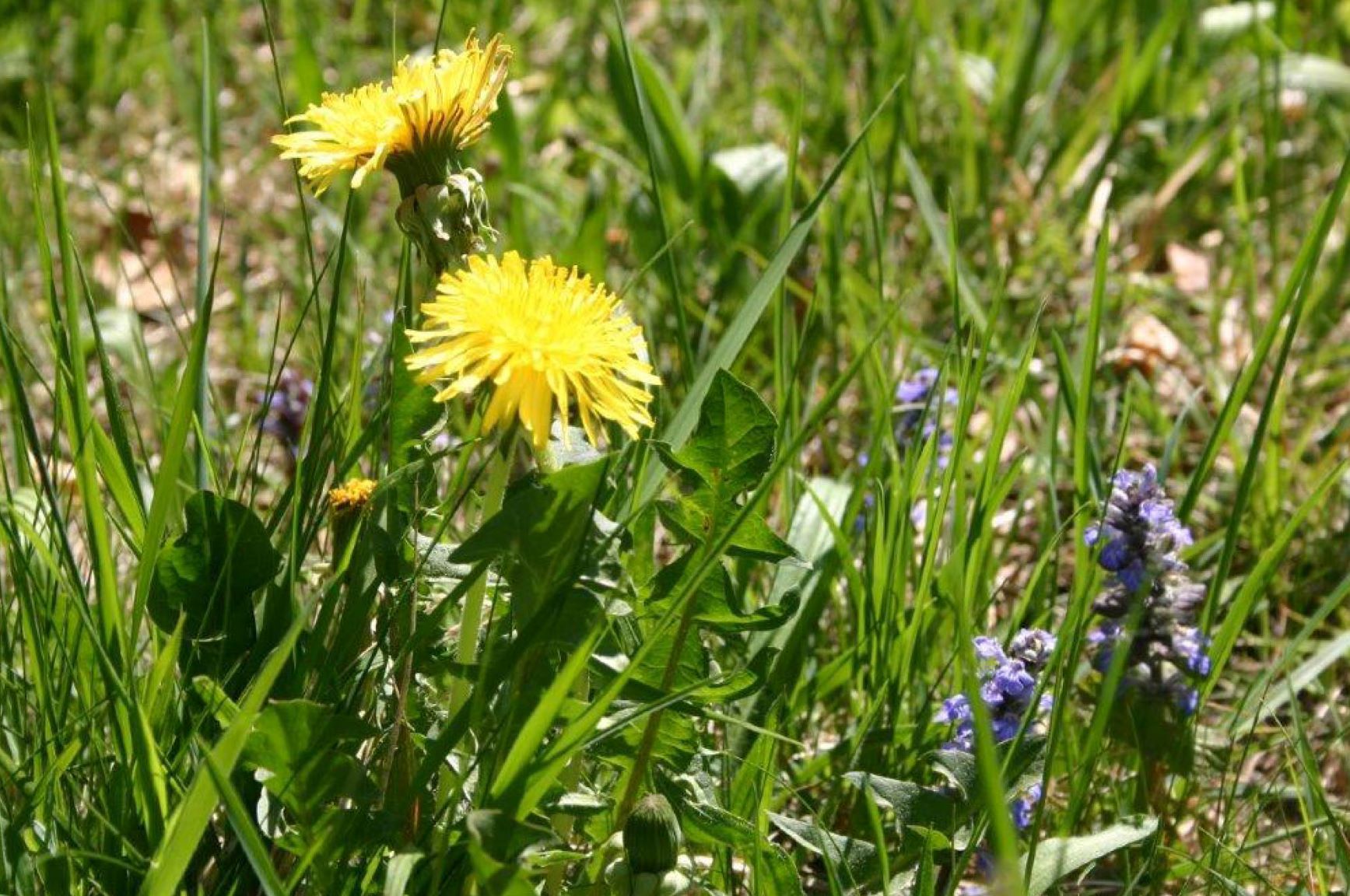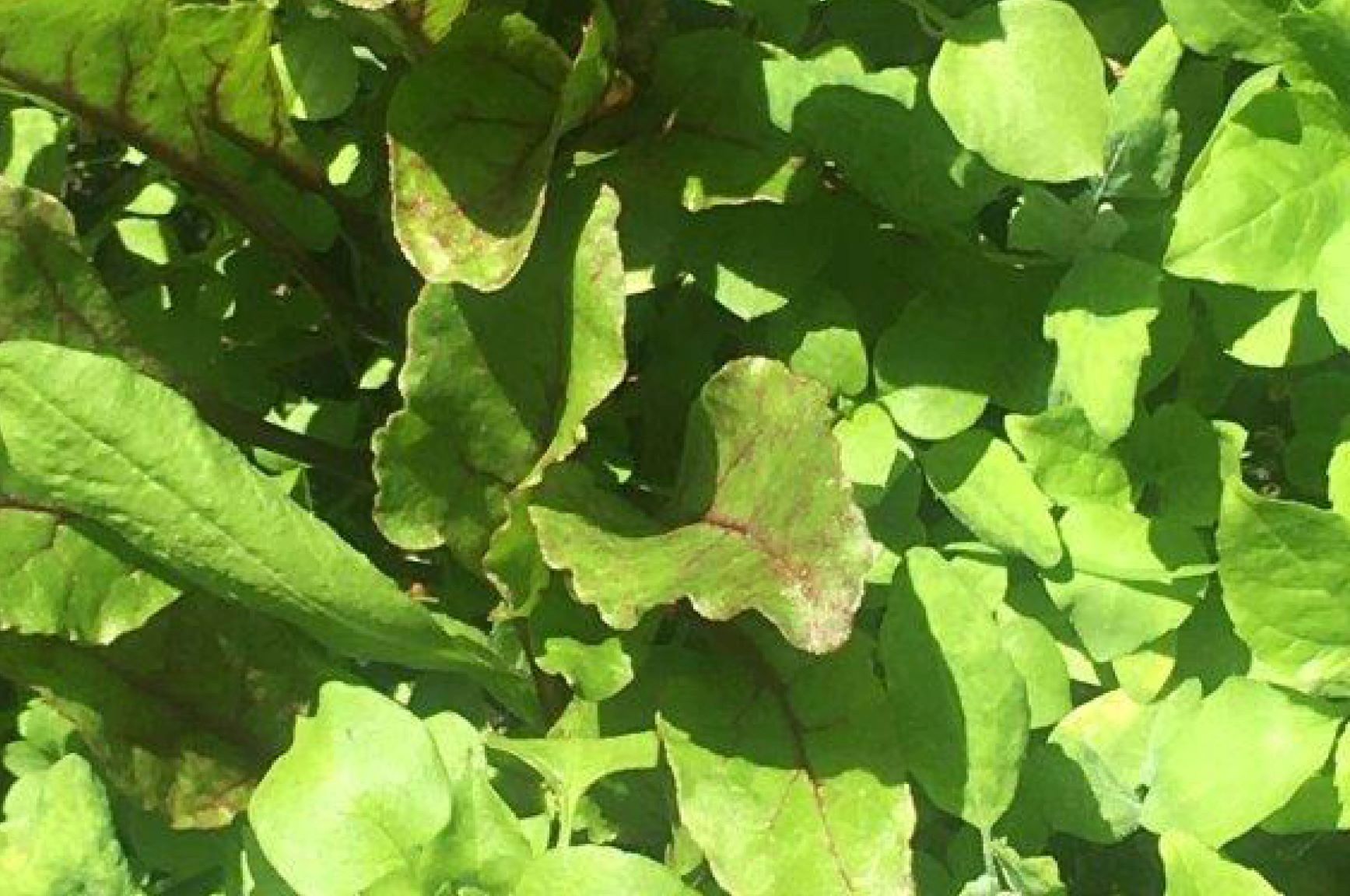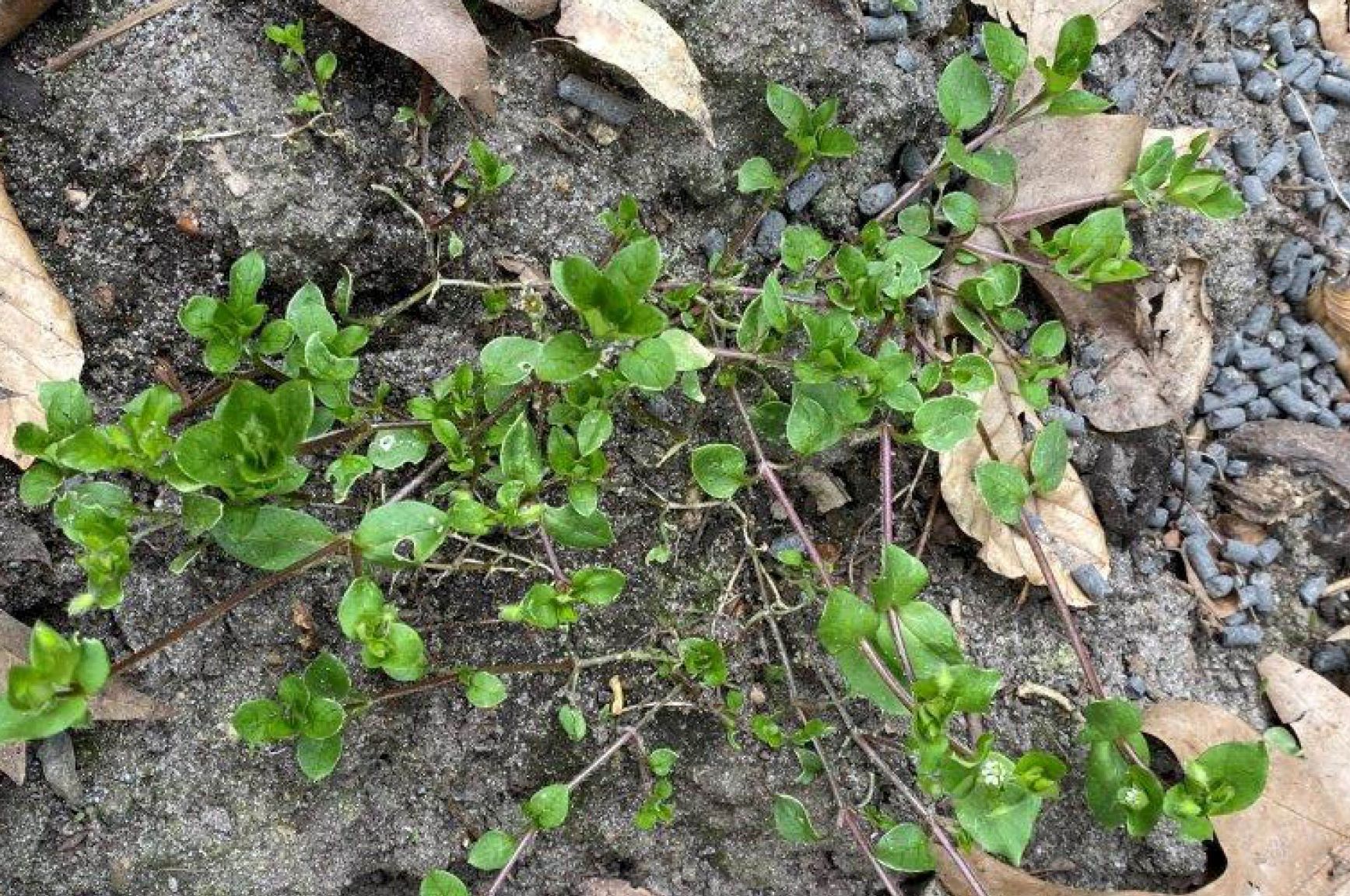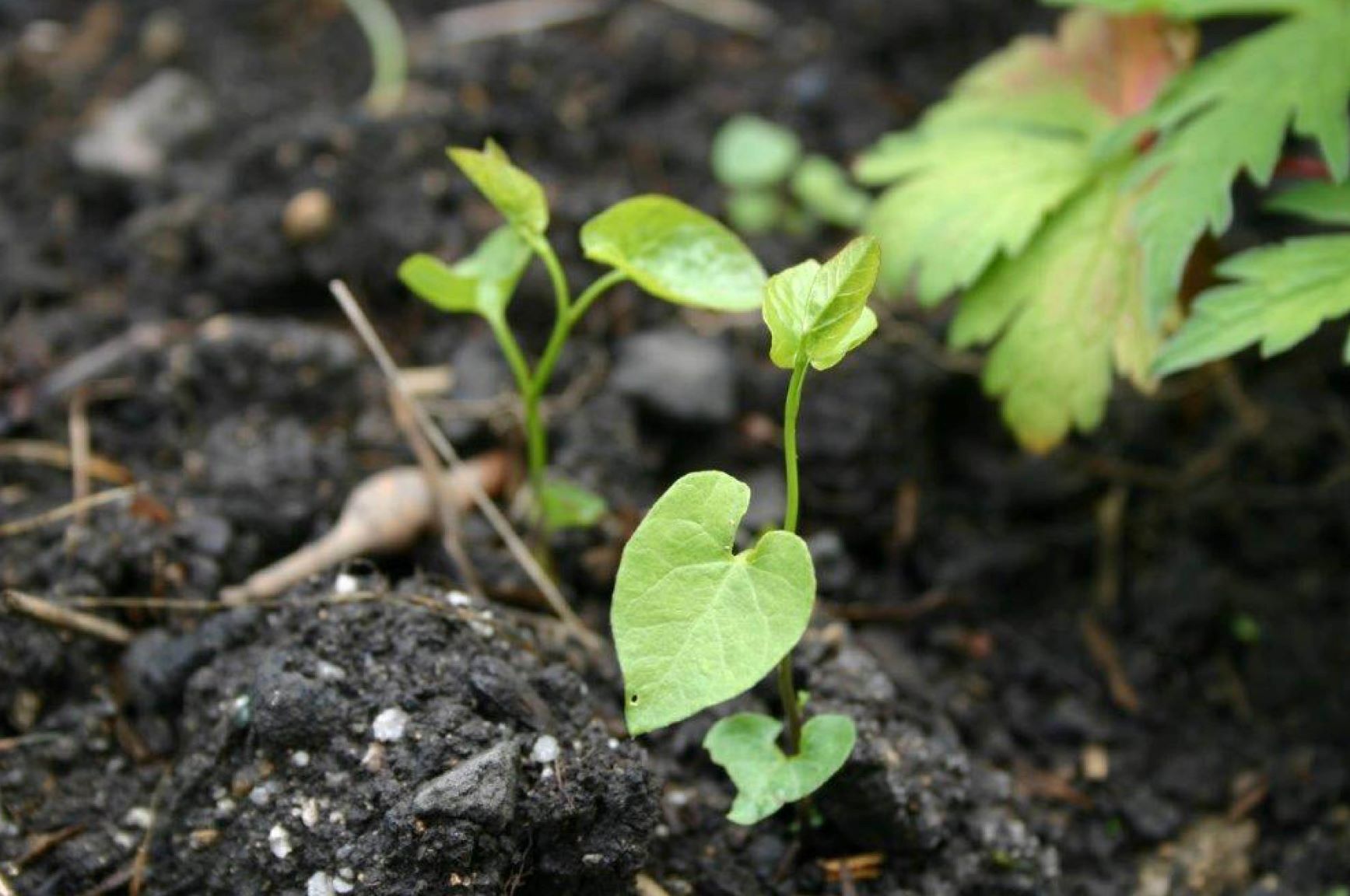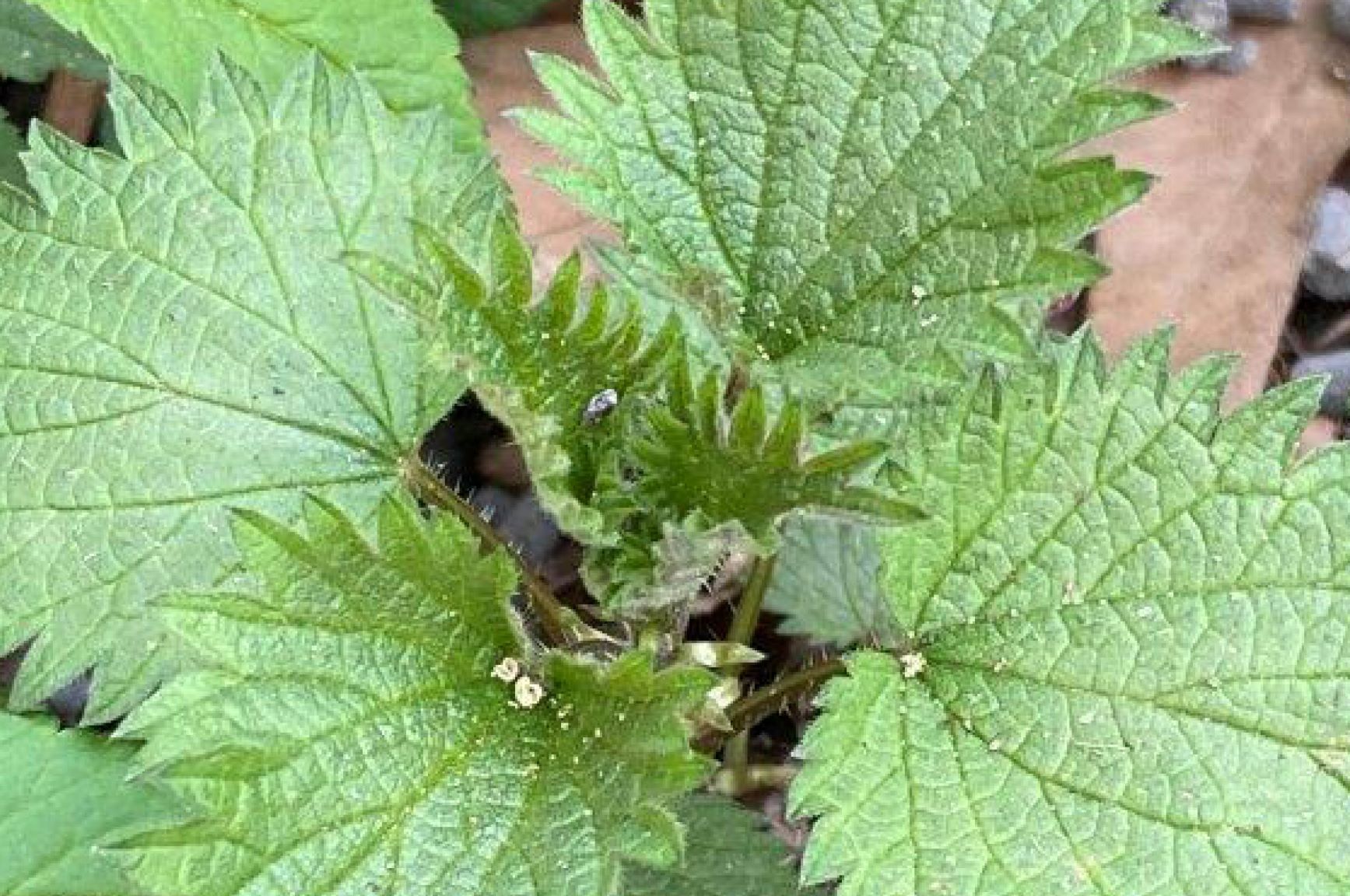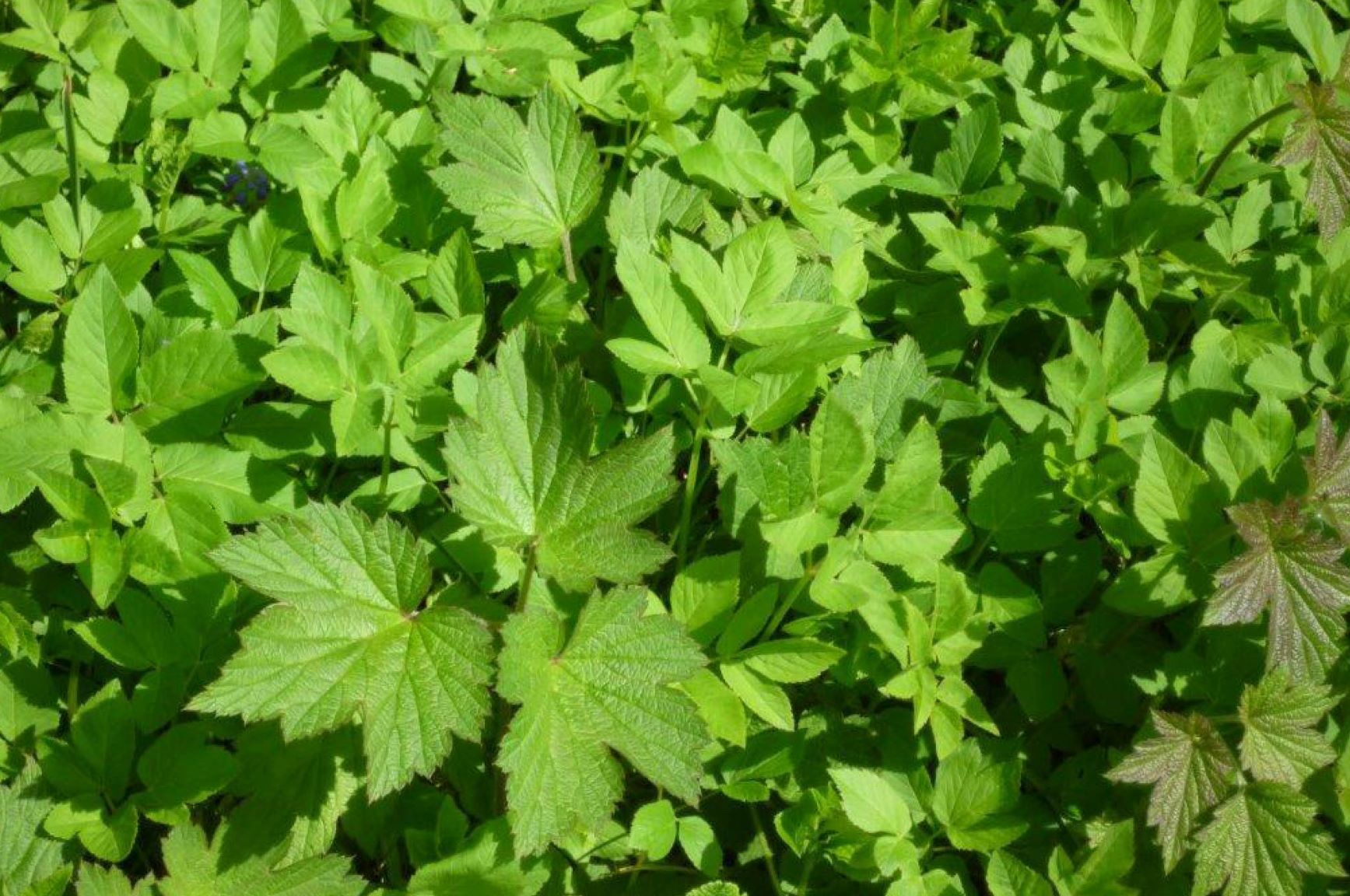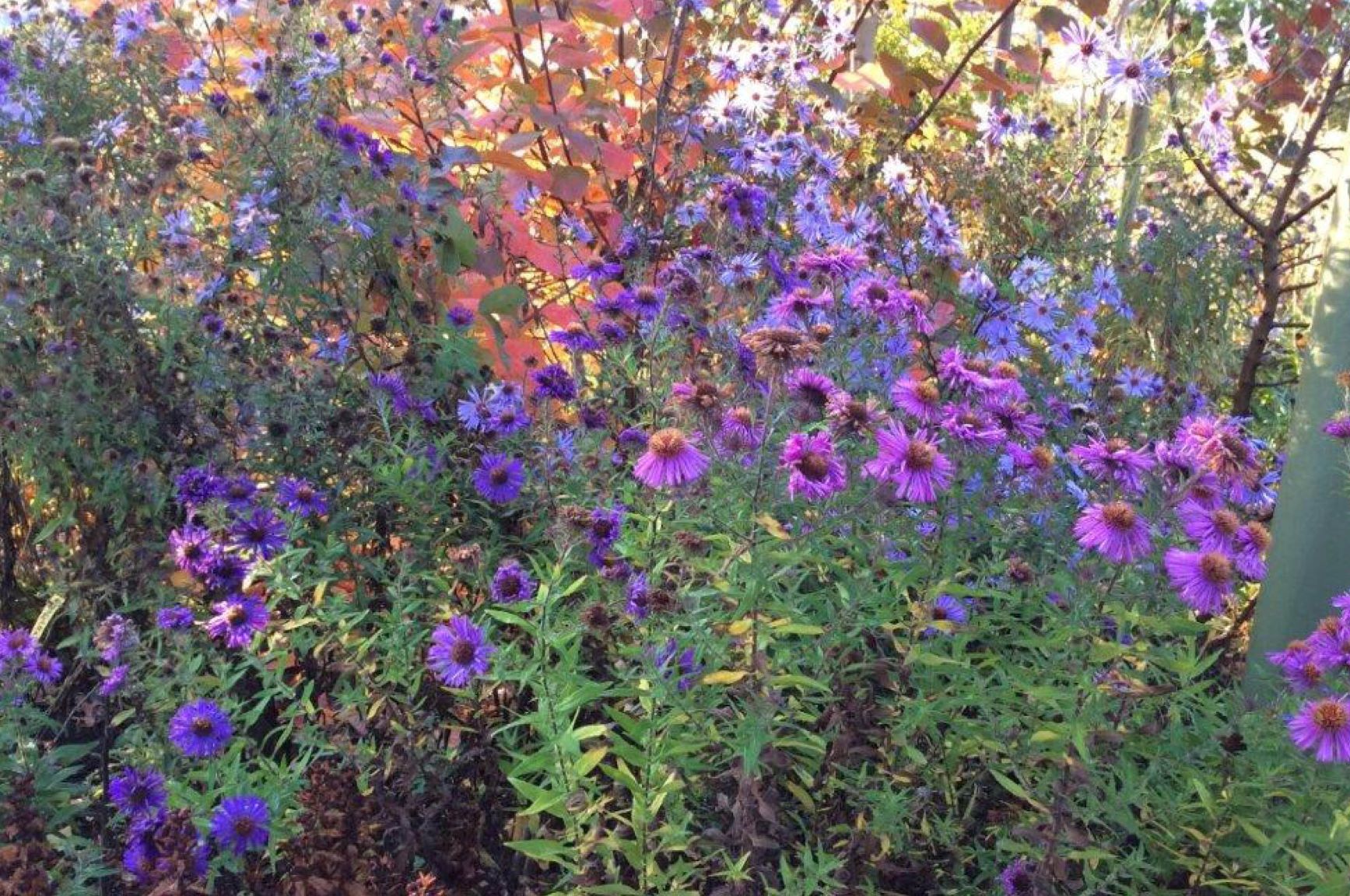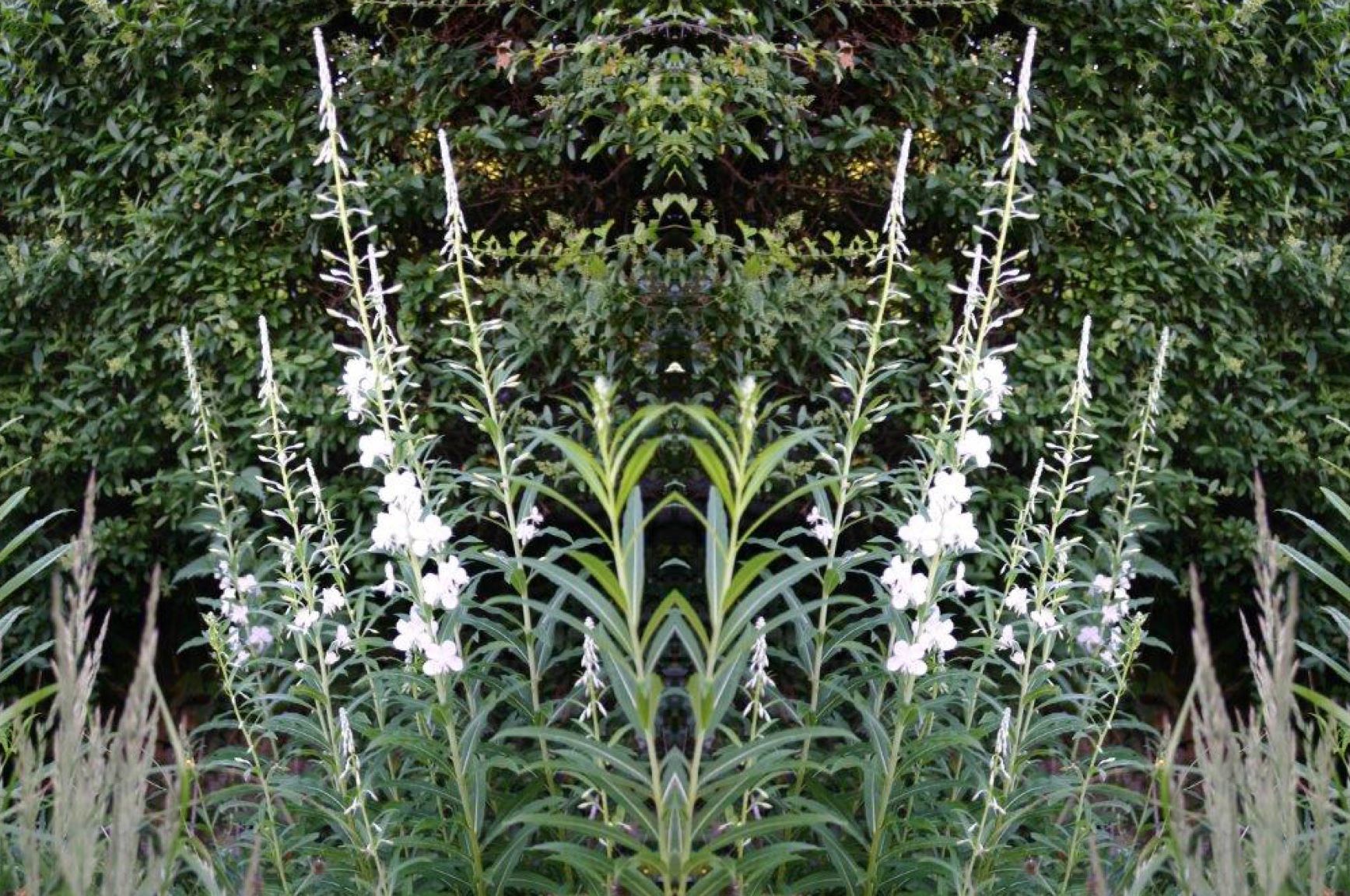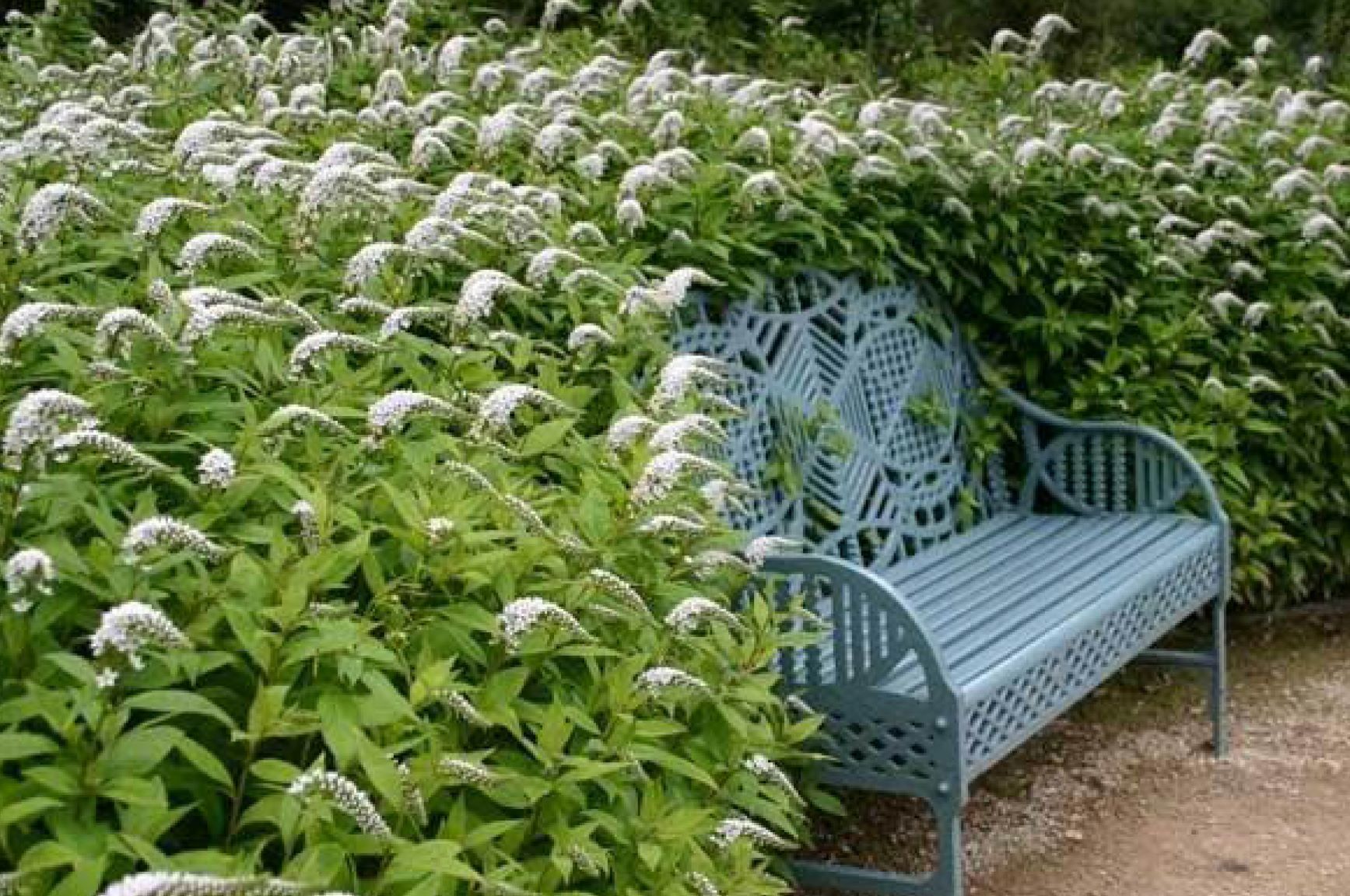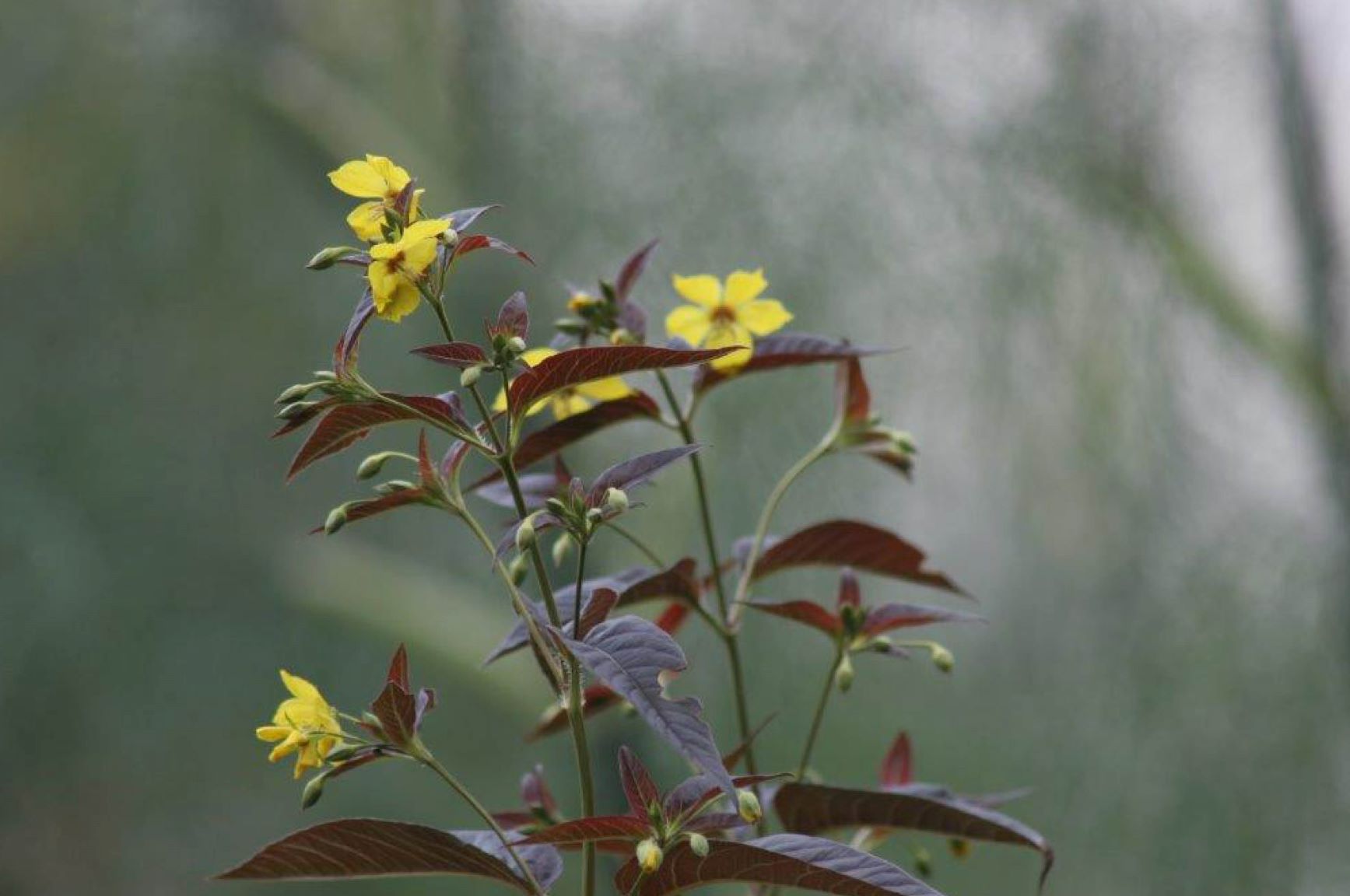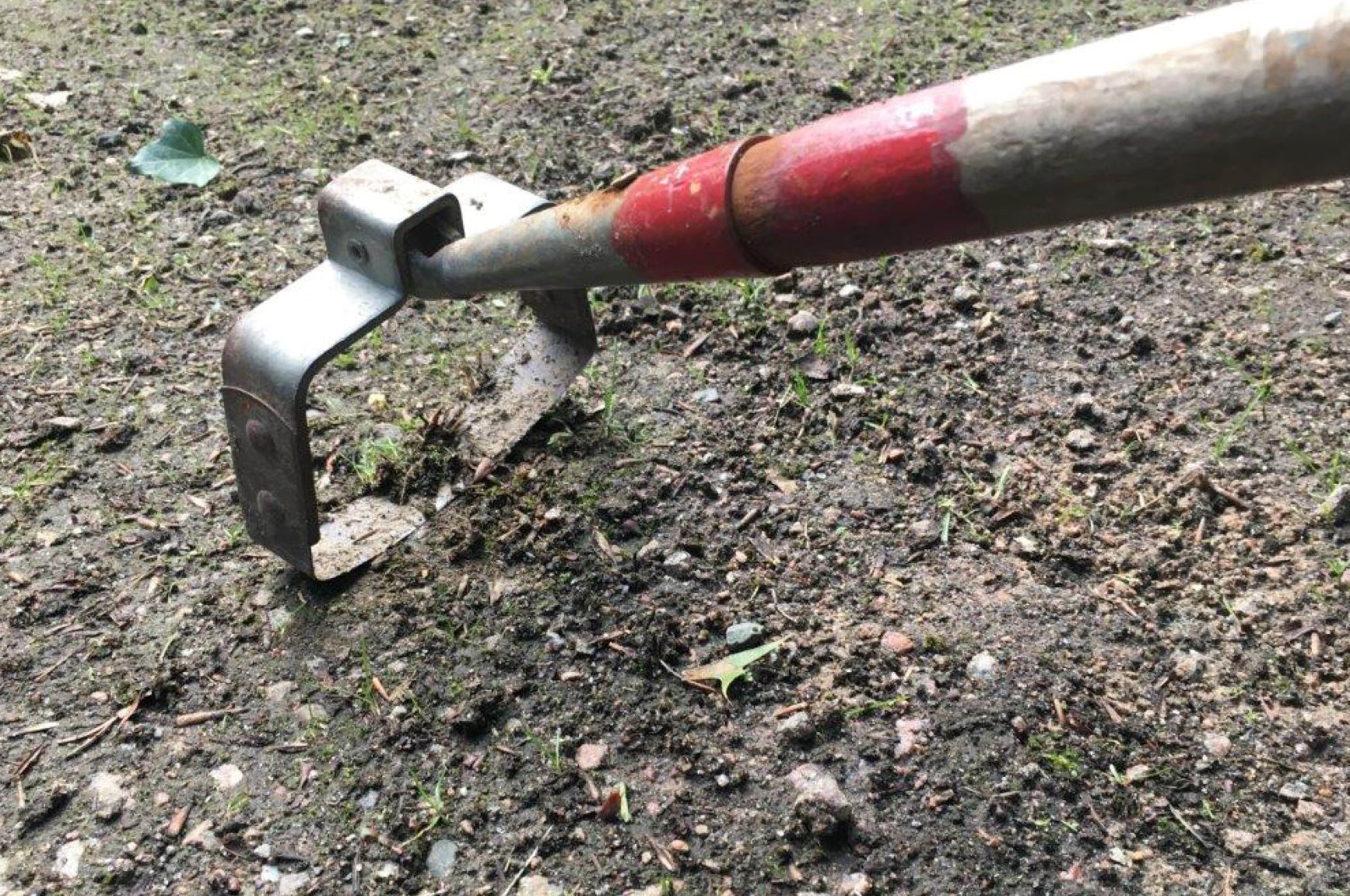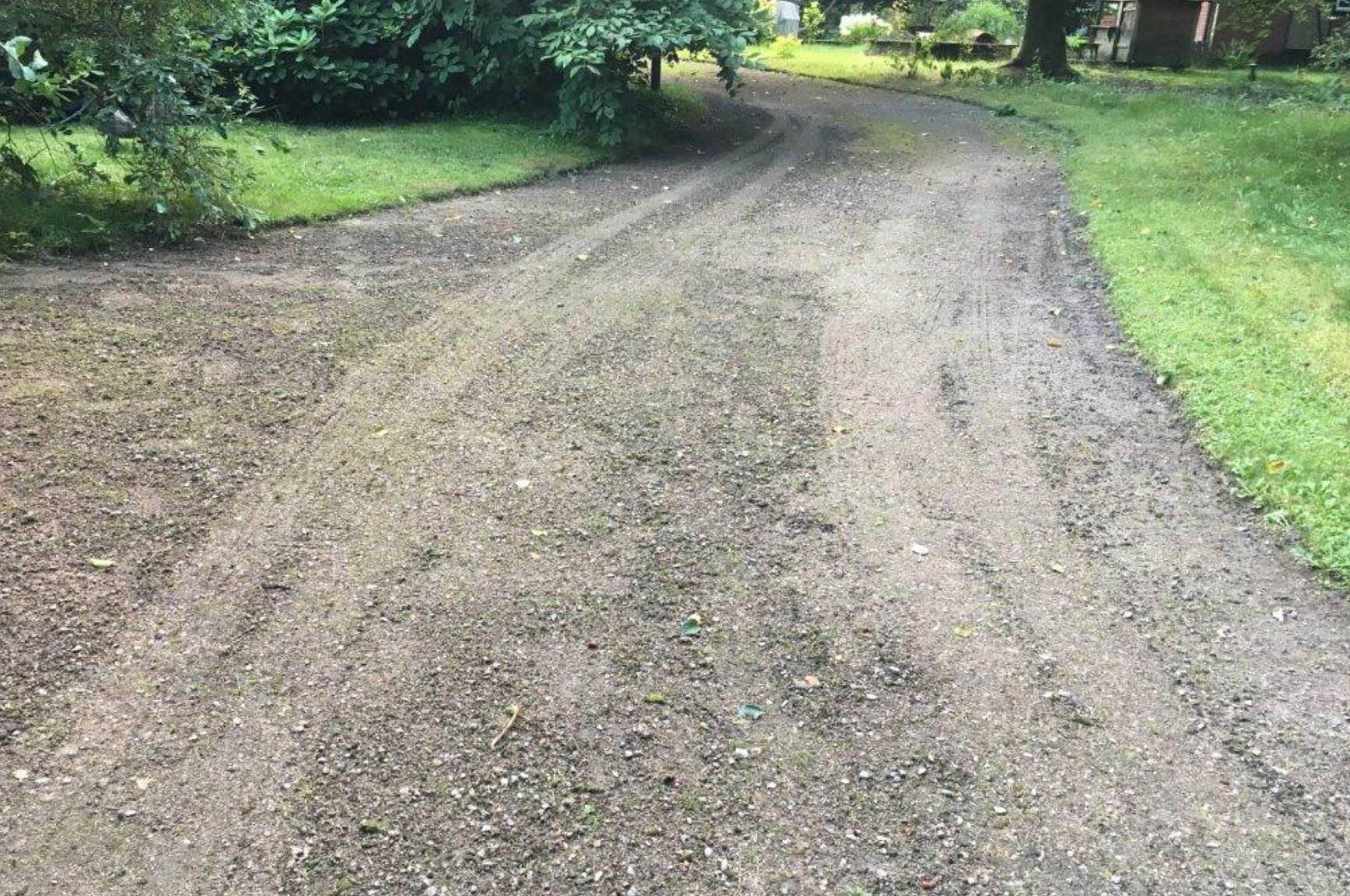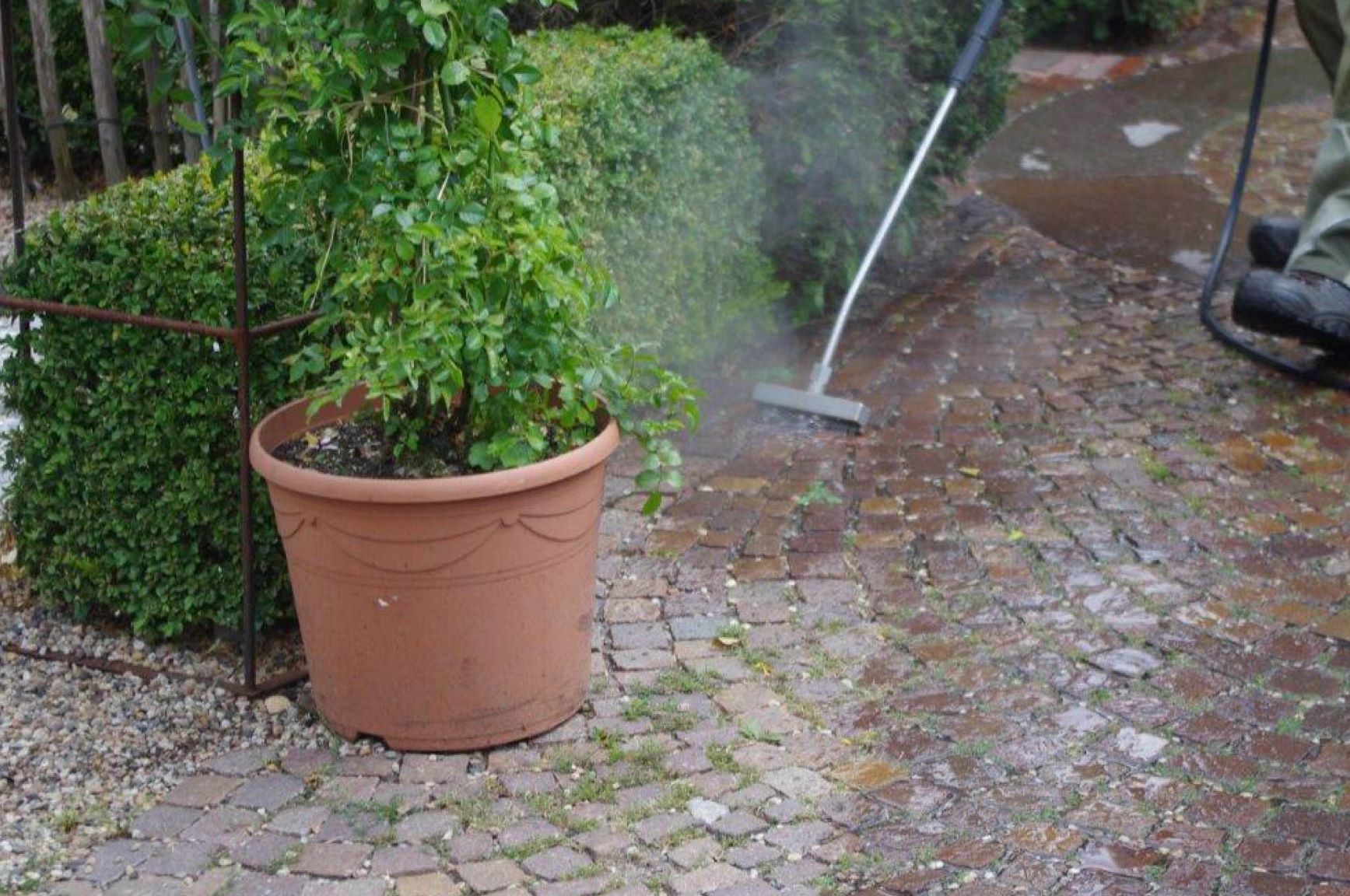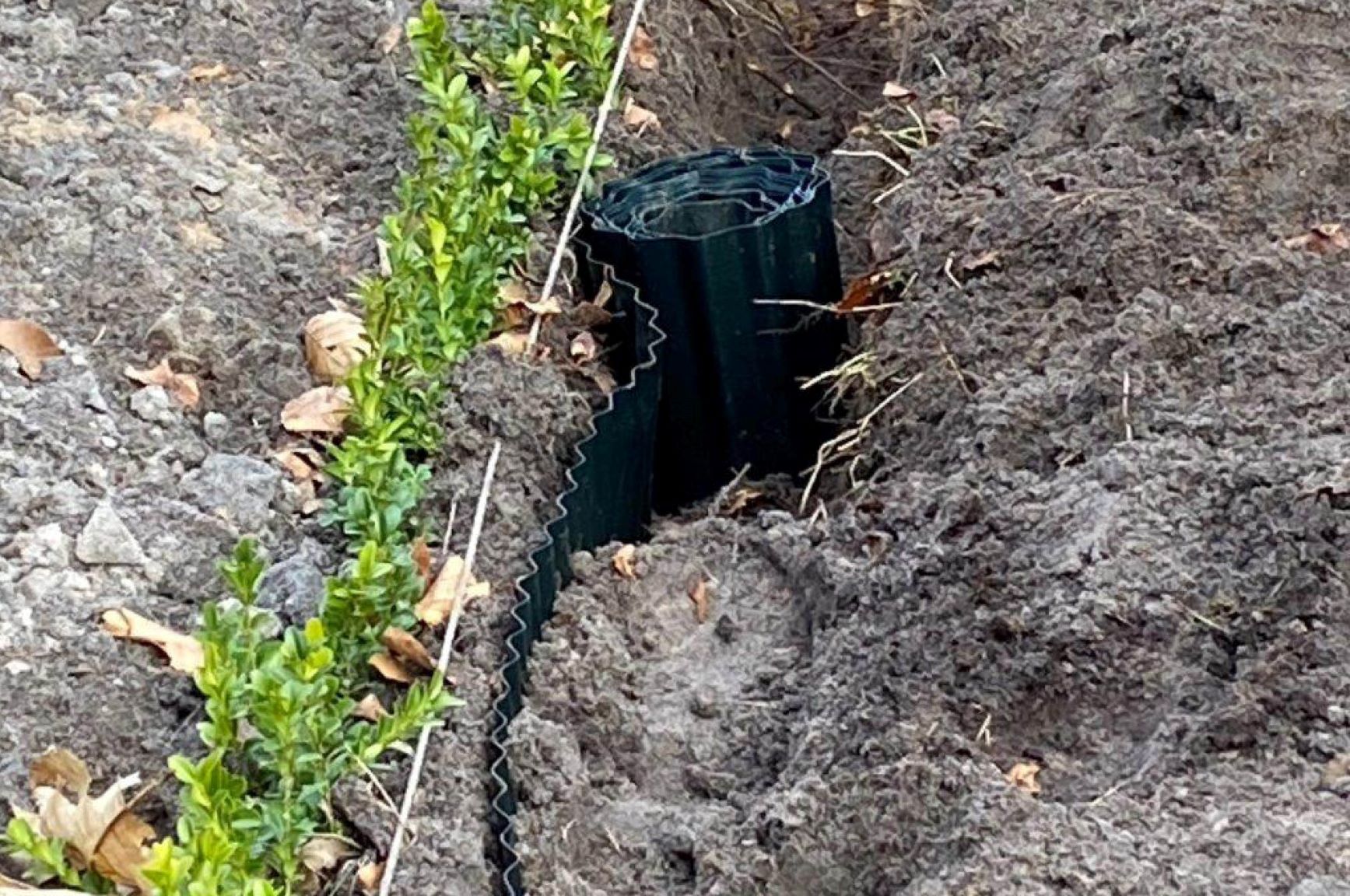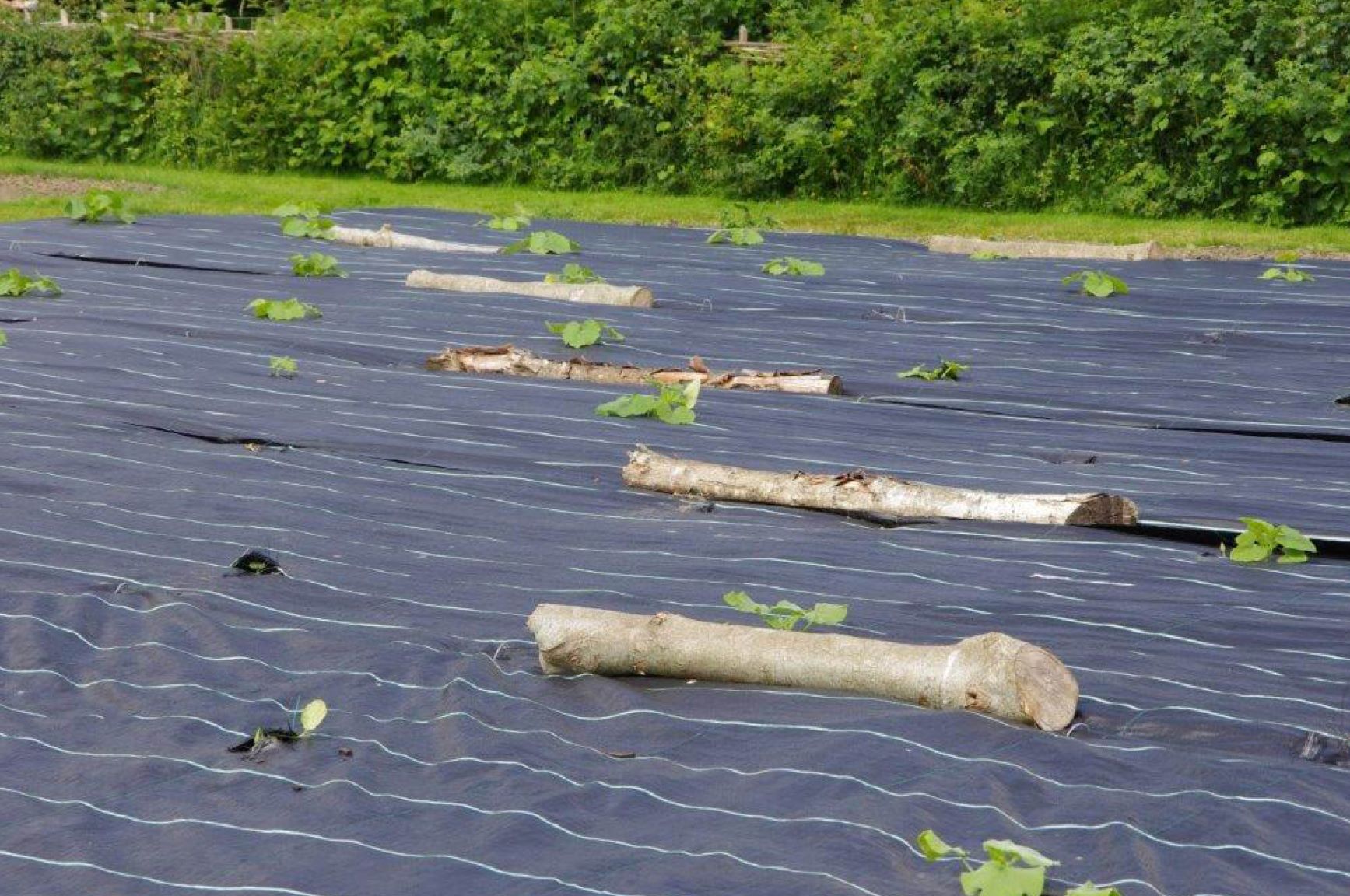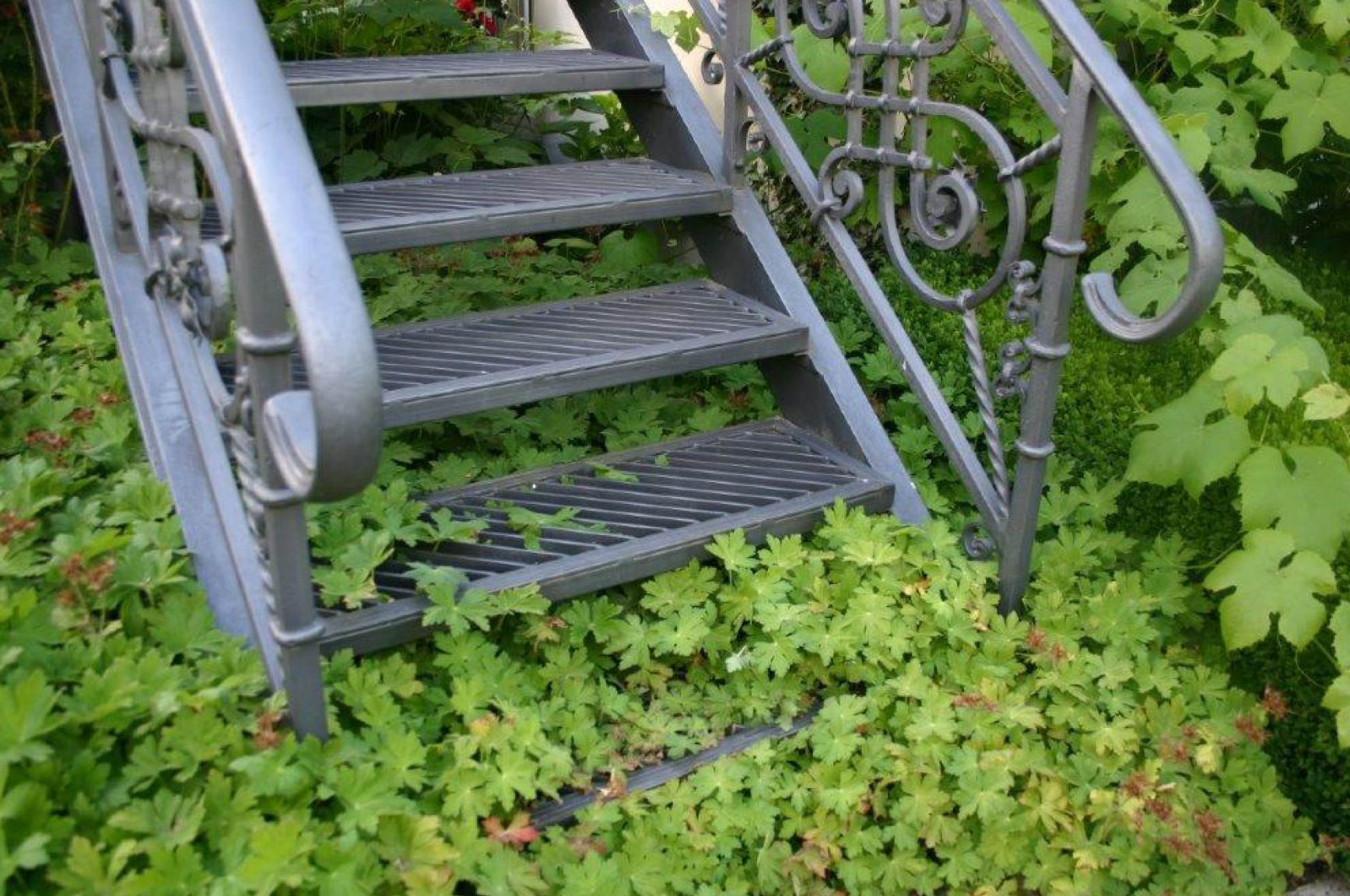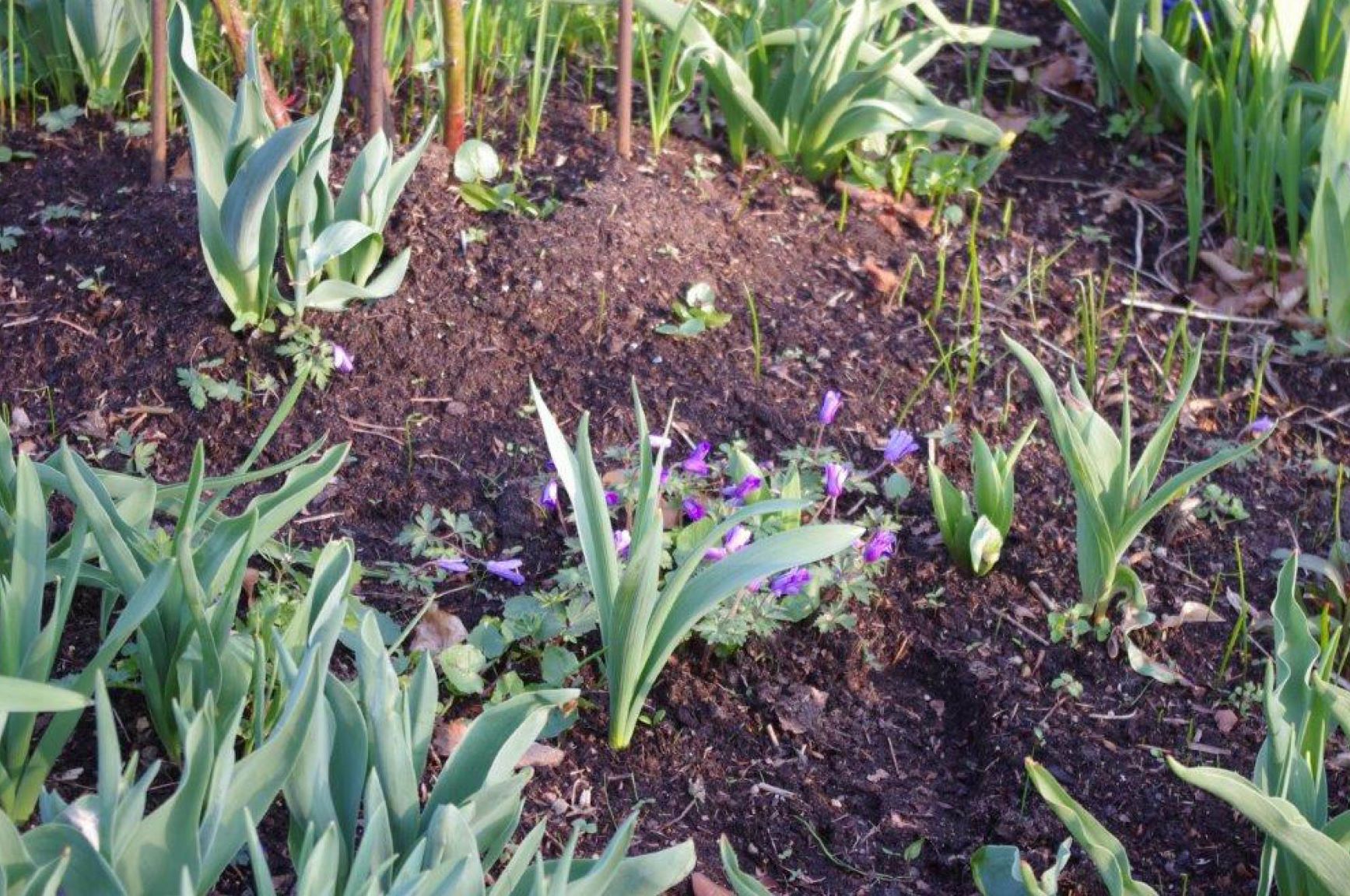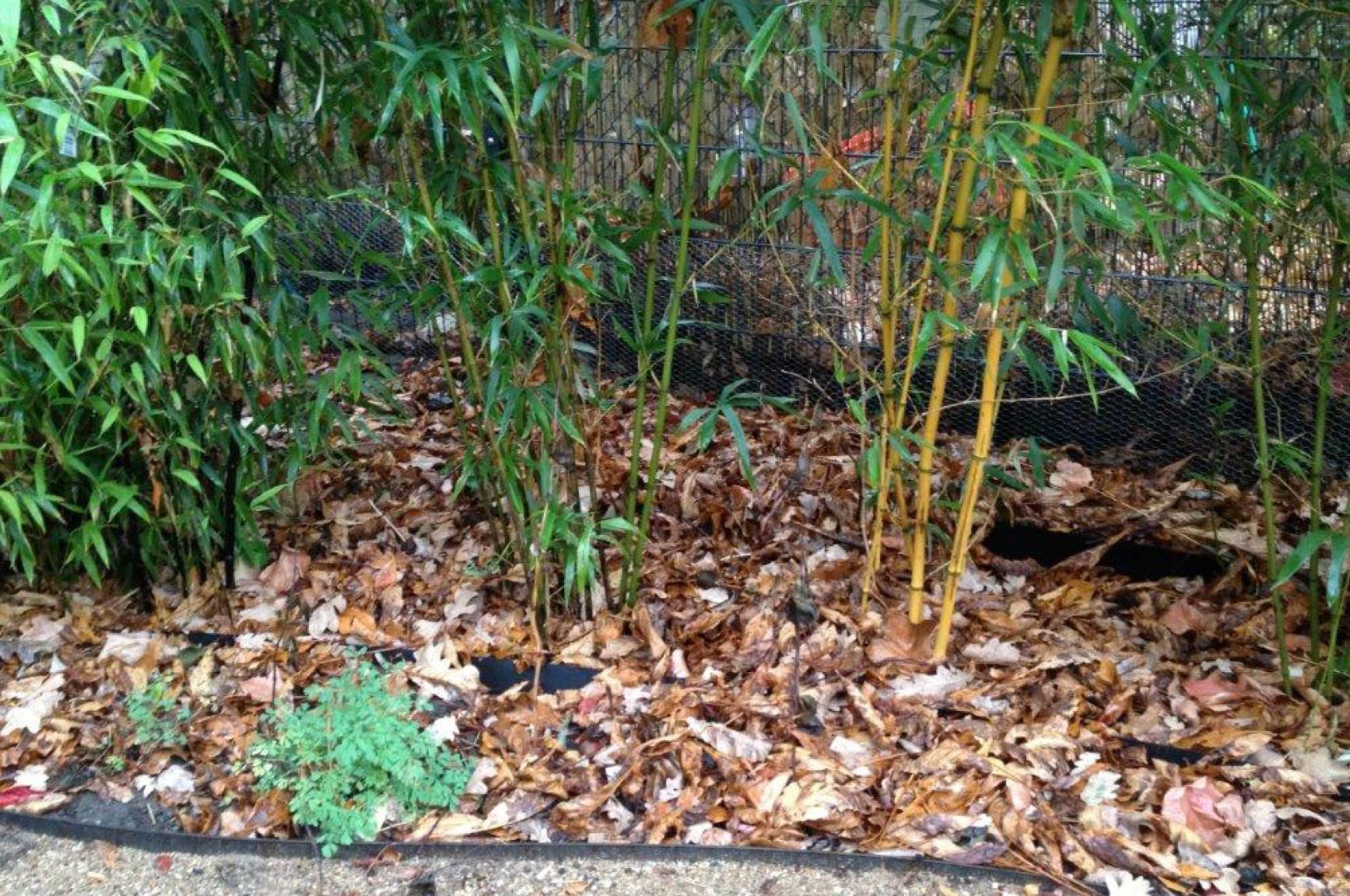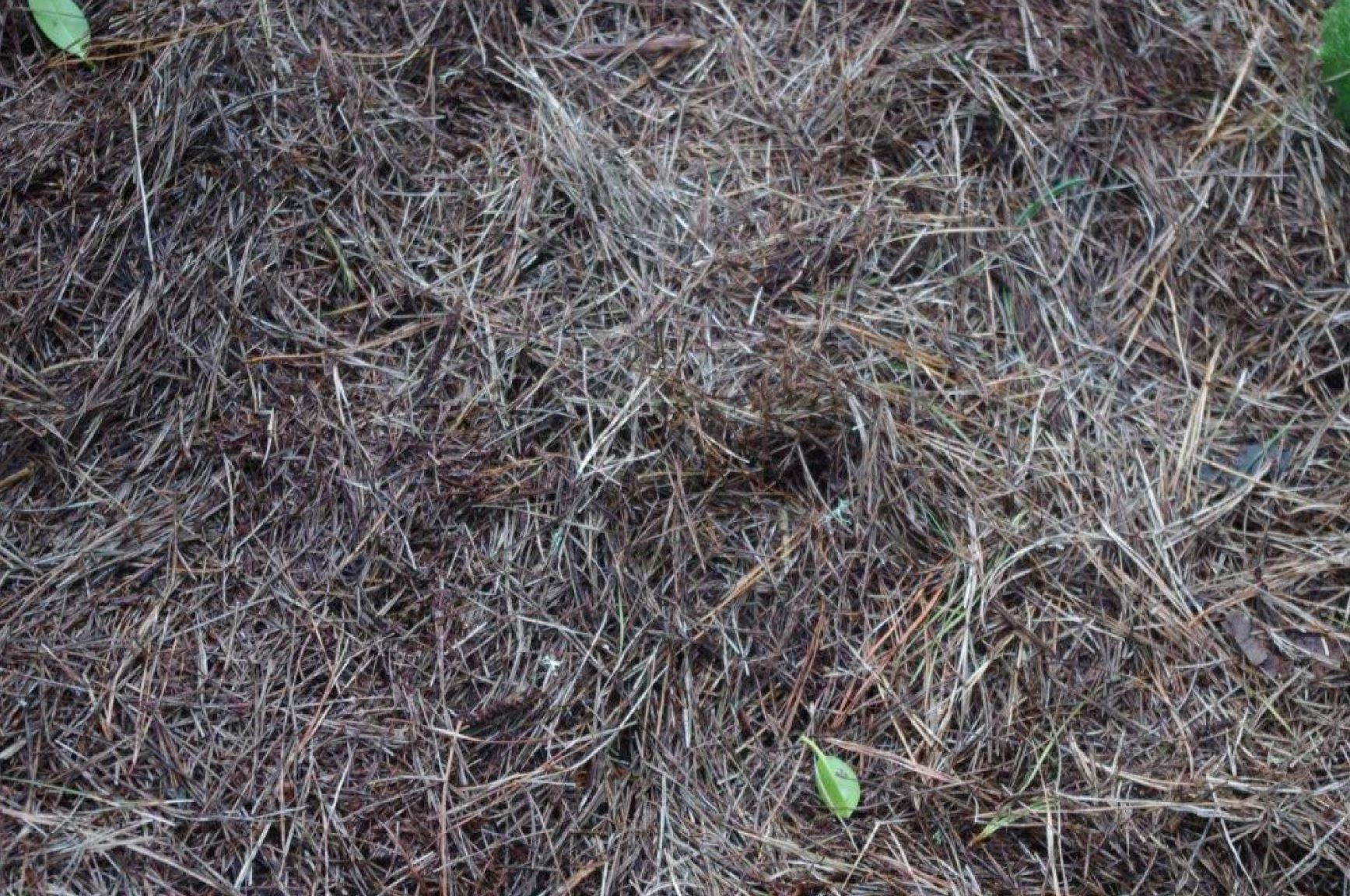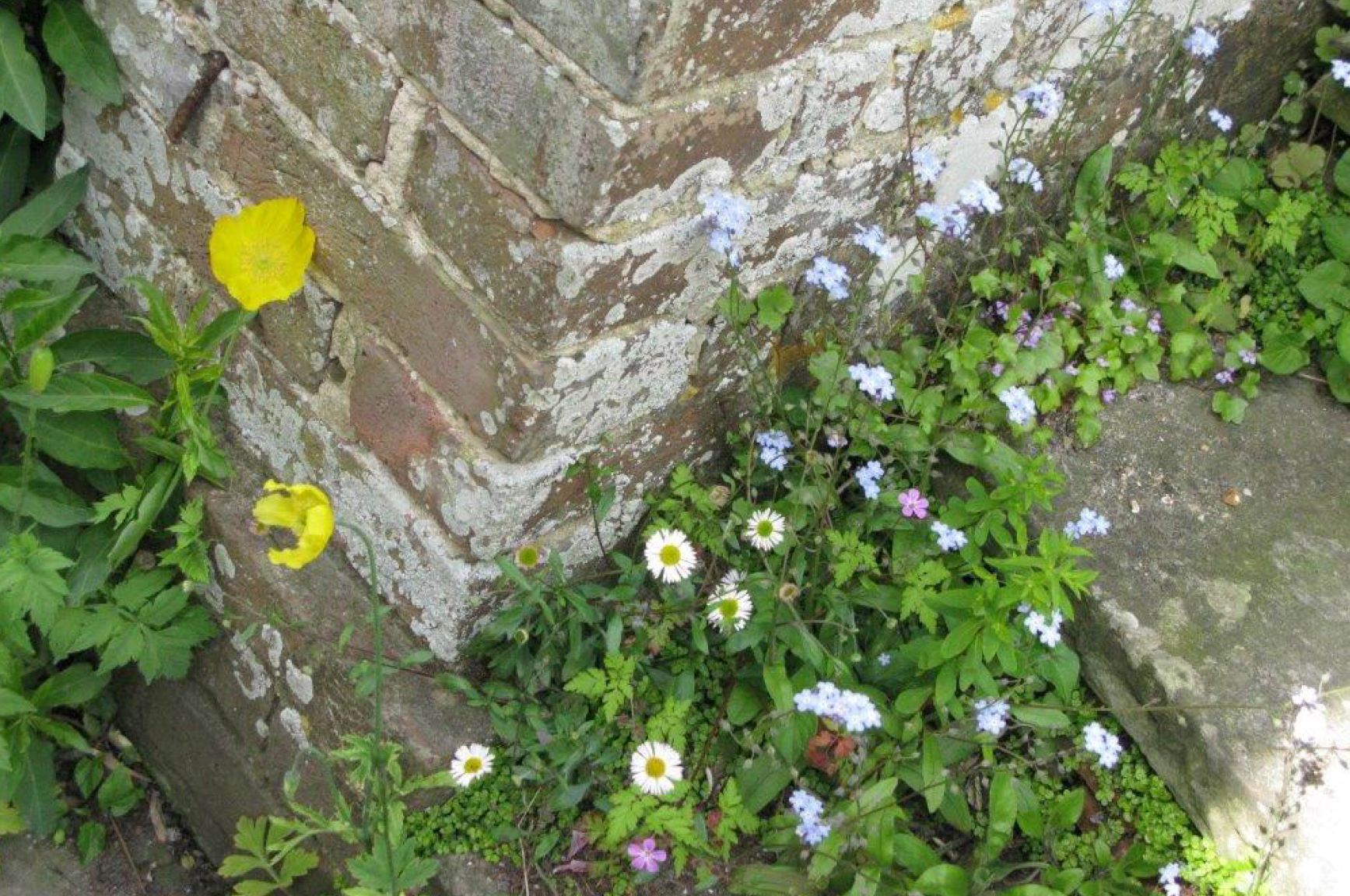
Der ewige Kampf mit dem Unkraut
Das Leben eines Gärtners scheint manchmal ein ewiger Kampf gegen alle möglichen Feinde zu sein: gegen allerlei Schädlinge und Pflanzenkrankheiten, das Wetter, die Nachbarn, den schlechte Boden und natürlich das Unkraut. Obwohl ich seit frühester Kindheit gärtnere, ist es mir ein wenig peinlich zuzugeben, dass ich noch nie so wenig Unkraut hatte wie jetzt. Zumindest hatte ich das nicht bis zu diesem Frühjahr. Warum, höre ich Sie fragen? Warum ist es jetzt anders? Die Antwort ist einfach: Es hat viel mit dem Wetter zu tun. Das Klima in Berlin ist kontinental. Normalerweise sind die Winter kalt und lang, und wenn sie zu Ende gehen, steigen die Temperaturen relativ schnell an, um in warmes, trockenes Sommerwetter überzugehen, lange bevor das in Belgien oder in England der Fall wäre. Dort macht das milde, feuchte Meeresklima die Winter viel weniger streng. Die Frühlingssaison beginnt früher, dauert aber länger und es wird langsamer warm. Bei zahlreichen Gelegenheiten habe ich englische Gärten Ende Mai oder Anfang Juni besucht und festgestellt, dass sie praktisch blütenleer sind. Sie nennen das die Juni-Lücke. Die Frühlingszwiebeln sind vorbei, die Frühsommerstauden sind noch nicht ganz da. Währenddessen in meinen Beeten in Berlin die späten Blumenzwiebeln bis zu den letzten Blütenblättern hängen und die ersten Stauden wie Akeleien, Katzenminze und Euphorbien schon kräftig bunte Flecken bilden.
Und was hat das alles mit dem Ausbleiben von Unkraut zu tun? Im Winter wächst es nicht. Sobald sich das Wetter erwärmt, beginnt alles zu wachsen, Ihre Pflanzen und auch das Unkraut. Wenn Ihre Beete und Rabatten dicht genug bepflanzt sind, wird der Boden bald von Vegetation bedeckt sein, die es verdrängt. Doch dieses Jahr ist alles anders. In den 13 Jahren, seit ich nach Berlin gezogen bin, habe ich noch nie einen so lang anhaltenden kühlen Frühling erlebt. Es ist immer noch ungewöhnlich kalt, was die Stauden zurückhält, aber dem Unkraut machen diese kühleren Temperaturen nichts aus. Es stört sich nicht an den kühlen Temperaturen, es wächst ruhig weiter, unterstützt durch das feuchte Wetter, das auch seine Keimung begünstigt.
The eternal struggle with weeds
A gardener’s life may sometimes seem an eternal struggle against all sorts of enemies. There are ever increasing amounts of pests and diseases, weather, neighbours, poor soil and of course weeds. Even though I have been gardening since early childhood, I feel a little embarrassed to admit I have never had so few weeds as I have now. At least I did not until this spring. Why, I hear you ask? The answer is simple: much has to do with the weather. Berlin’s climate is continental. Normally the winters are cold and long, and as they end, the temperatures rise relatively quickly as we move into warm, dry summer weather, long before it would ever do so in Belgium or in England. There, the mild, humid maritime climate makes winters much less harsh. The spring season starts earlier but lasts longer and is slower to get warm. On numerous occasions I have visited English gardens at the end of May or early June, and find they are virtually devoid of flowers. It is known as the June Gap. The spring bulbs are over, the early summer perennials are not quite there yet. All this, whilst in my borders in Berlin, the late bulbs are hanging to their last petals, whereas the first perennials such as aquilegias, Nepeta and Euphorbia already create bold colorful patches.
So, what does all this have to do with the lack of weeds? In winter they do not grow. As soon as the weather warms up, everything, including your plants and the weeds start growing. If your beds and borders are planted densely enough, the soil will soon be covered by vegetation, and weeds will be elbowed out of the space. This year is different though. In the 13 years since moving to Berlin, I have not experienced such a prolonged cool spring season. It is still unseasonably cold, which holds back the perennials, but the weeds do not mind these cooler temperatures. They just quietly grow on, helped by the wet weather which also encourages weed germination.
